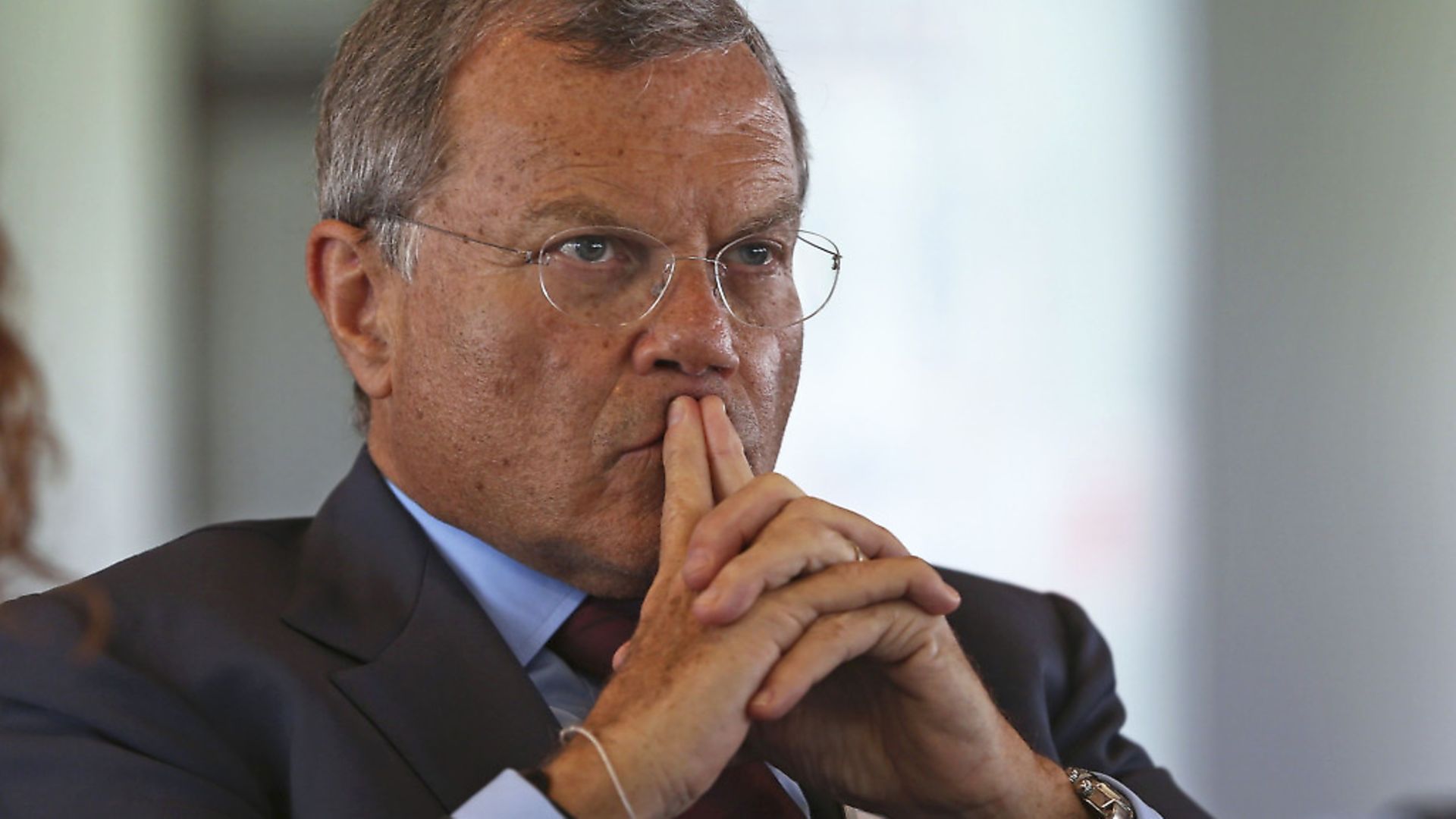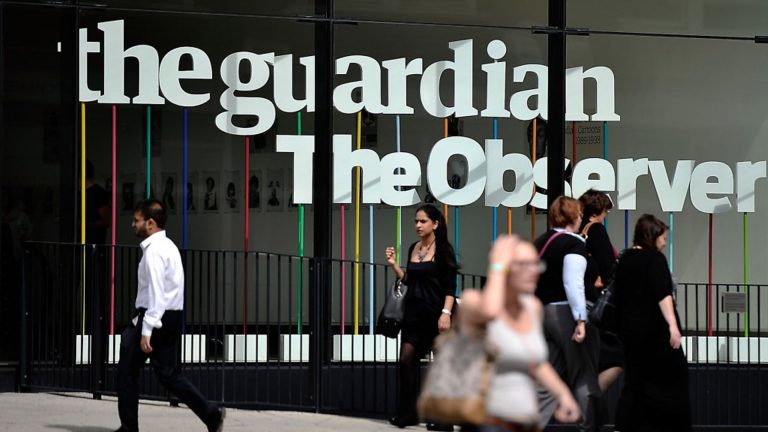
Sir Martin Sorrell, arguably the UK’s most successful businessman, has been toppled from his throne at WPP, the advertising company he founded, after 33 years in charge.
WPP was built over decades, on the back of Sir Martin’s relentless energy and drive. He swept up the famous advertising agencies J Walter Thompson, Young & Rubicam and Ogilvy & Mather, as well as a host of marketing and public relations firms around the world.
Sir Martin was not a household name – although his £200m of pay over the last five years attracted plenty of criticism – but among those with knowledge of the business world, he was considered a great entrepreneur and one of the UK’s finest business brains.
So it was something of a shock when news of his departure was broken. The board had already started a legal enquiry, with multiple law firms, to look into a whistle blower’s tip off, denied rigorously, of ‘personal misconduct’. Yet 73-year old Sir Martin decided he would leave at a time of his own choosing, sending shares in the company, which employs 200,000 people around the world, down sharply.
Whether the board handled his departure correctly will be debated for some time. Pressure from Sir Vince Cable to make public the report into his alleged transgressions is likely to be resisted.
In an environment where there is great pressure on businesses to self-police more effectively and transparently, that is a shame. But the greater shame is that in Sir Martin’s departure the UK’s business community has lost one of its most passionate Remainers and pro-Europeans. A consummate communicator, Sir Martin was able to relate his business activities to real-world events and trends that made them meaningful. He could tell a story with ease from the spreadsheets.
He has often spoke eloquently and movingly about Brexit and how it was a fatal self-inflicted mistake for the British economy. Like many successful business people, Sir Martin came from an immigrant background. His late father Jack was a first generation immigrant whose parents came from Ukraine. As a young Jewish man in London during the 1920s he changed his name to Sorrell, to avoid anti-Semitism.
Around 15% of WPP’s UK 17,000-strong workforce are EU nationals, rising to 30% in some divisions, and Sir Martin has not shied away from voicing criticism that his employees’ well-being is now threatened.
In December he wrote a powerful piece arguing that the referendum did serious damage to Britain’s brand with its xenophobic tones.
‘It is absolutely critical that the UK continues to be seen as a place that welcomes people from all countries and backgrounds and embraces the contribution they make to our culture, society and economy,’ he wrote.
To this end he was doubtful the deals championed by the politicians so far would be sufficient to continue to attract ‘the best and brightest from across mainland Europe and beyond after Brexit.’
In Sir Martin’s final company results, on March 1, he wrote the UK economy ‘seems to be increasingly challenged by Brexit’. He was worried about inflation and its potential to increase interest rate hikes, with a knock-on effect on markets.
He feared that 2018 would be a difficult year in the UK, as Brexit got closer. But his fears about Brexit were not solely about business issues, or his ability to make money by moving advertising talent easily around Europe. He detested the idea it was playing with people’s lives.
Sir Martin still owns a small stake in WPP – worth about £200m – and will leave the company with a more-than generous package. At this point, it would be understandable if he steps back from business life entirely.
But it would be a shame for those who believe in the economic benefits of migration and for those who want to champion the rights of migrants, if his voice was lost to the Brexit debate for good.








